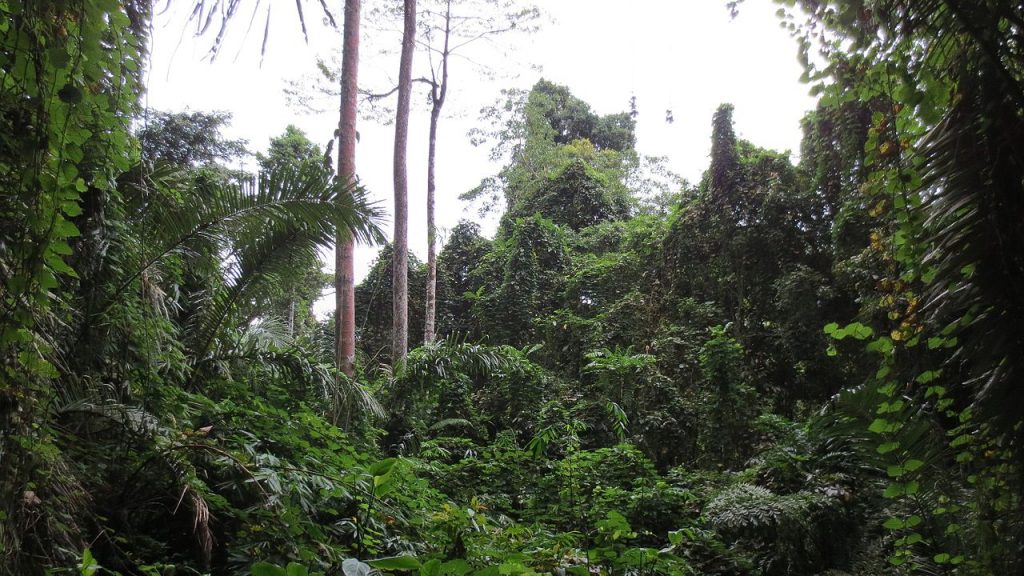
MANILA – Climate Change Commission (CCC) is urging action for protecting and preserving rainforests, warning further decrease in these ecosystems will worsen biodiversity loss and global warming.
One of these actions is the “strict” implementation of Republic Act 11038 (Expanded National Integrated Protected Areas System Act of 2018) and provision of measures to ensure the safety of forest protection officers nationwide, noted CCC Executive Director Secretary Emmanuel de Guzman.
“Together, let us protect and restore our forests to reduce our vulnerability to climate and disaster risks, prevent spread of infectious diseases and ensure a safer, healthier and sustainable future for generations to come,” he said in his message for this year’s World Rainforest Week (WRW) from Oct. 12 to 18.
WRW promotes awareness about rainforests which are dense jungles with tall trees and much rainfall.
According to CCC, rainforests cover about 6 percent of Earth’s surface.
“Home to over half of the world’s plant and animal species, our world’s rainforests absorb vast amounts of carbon dioxide (CO2) from the atmosphere and provide the air we breathe while also helping curb global warming,” CCC said in its Oct. 13 press release.
“Despite its critical importance for survival of life on Earth, rainforests are among the most vulnerable ecosystems in the world. They continue to be endangered by unsustainable logging practices and rampant development and expansion of agri-business and other industries,” he added.
CO2 is among greenhouse gases that accumulate in the atmosphere and trap heat so global temperature rises, changing climate.
De Guzman warned that deforestation and forest degradation are already global problems persisting at “alarming” rates.
“According to Food and Agricultural Organization (FAO), the area of primary forest worldwide has decreased by over 80 million hectares since 1990,” he said.
Primary forest is naturally regenerated forest of native tree species where there are no clearly viable indications of human activities and ecological processes are not significantly disturbed, noted FAO.
“In the Philippines, Department of Environment and Natural Resources (DENR) estimates that the current national forest cover amounts to 7.014 million hectares, way below the 1934 forest cover of 17.8 million hectares,” de Guzman continued.
He said CCC, therefore, supports the global call for “decisive, urgent and stronger action to stop illegal logging, poaching, unsustainable development and expansion of agribusiness and other extractive activities” that will further harm forests.
According to DENR, species living in forests will be displaced and may eventually become extinct if these areas are cleared to accommodate other land uses.
Loss of forests is also a bane to efforts aimed at addressing global warming, DENR said further.
CCC agrees, saying cutting down forest trees “releases carbon into the atmosphere and causes 15 percent of all human-induced carbon emissions.”
The public must be vigilant about and be more active in protecting and preserving forests, the CCC official noted.
Such public involvement is essential “to prevent effects of climate change from worsening, avoid emergence or reemergence of pandemics and support the health of our ecosystems and organisms therein,” said CCC.
In 2011, DENR launched the National Greening Program (NGP) to reforest unproductive, denuded and degraded forest land in the country.
Through reforestation, DENR seeks to help promote Philippine self-sufficiency in wood and wood products, poverty alleviation, food and economic security as well as environmental stability.
Official DENR data as of September 2020 shows NGP already greened some 2.06 million hectares nationwide.